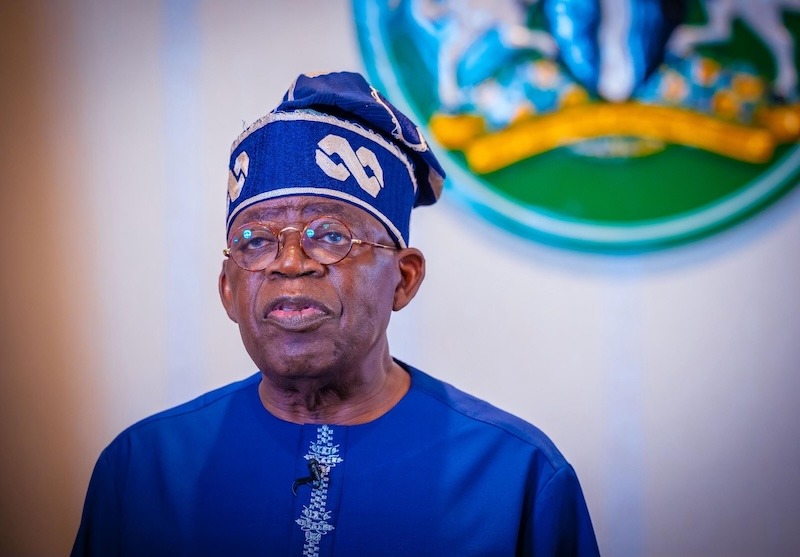President Bola Ahmed Tinubu has revealed the reasons behind his aborted visit to Yelewata in Benue State, following the tragic incidents of violence that have left the nation in mourning. The President, speaking in response to inquiries regarding his decision, cited heavy rainfall, poor road conditions, and the distressing images of destruction as key factors that influenced his change of plans.
According to a report shared by News Central TV on social media, President Tinubu noted that he had intended to visit Yelewata to personally assess the scale of damage and offer solace to the grieving communities. However, upon reviewing visuals of the carnage, reportedly stemming from deadly attacks that claimed over 200 lives, he described the scenes as harrowing and deeply unsettling.
“I aborted my visit to Yelewata because of the rain, bad roads, and particularly, after seeing the ruins and the carnage on camera,” the President said. The statement reflects not only the infrastructural challenges in that part of Benue but also underscores the depth of devastation suffered by the affected communities.
The Yelewata tragedy, which has sparked national outrage and heightened calls for improved security across Nigeria’s rural regions, has continued to dominate discussions within both political and civil society circles. Residents and local leaders have decried what they describe as a lack of adequate protection, lamenting the repeated attacks on vulnerable communities.
While the President did not provide a new date for a potential visit, the Presidency has assured Nigerians that urgent measures are being taken to provide relief to displaced families and to prevent further violence in the region. Security agencies have reportedly been directed to intensify operations in and around the affected areas.
President Tinubu’s acknowledgment of the situation has been met with mixed reactions, with some applauding his honesty, while others urge him to take firmer steps to address the root causes of insecurity and infrastructure decay, particularly in the Middle Belt and northern regions.
As of the time of filing this report, humanitarian agencies and local authorities continue to work on providing aid to survivors, while investigations into the attacks are ongoing.







